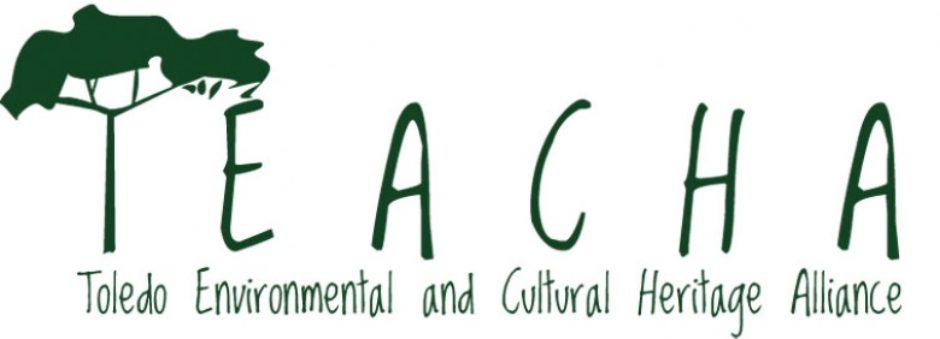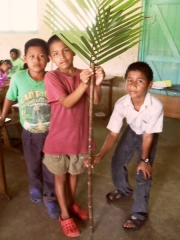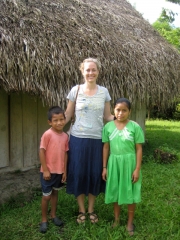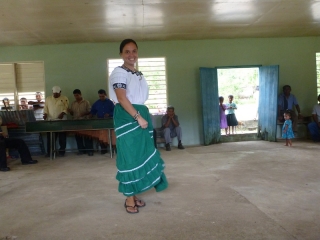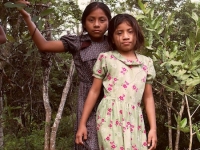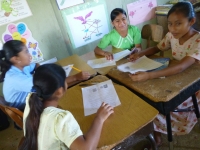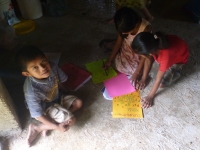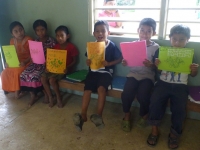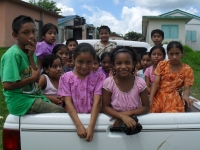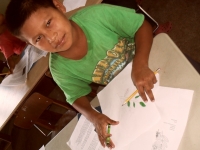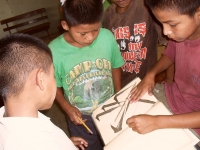The Toledo Environmental and Cultural Heritage Alliance (TEACHA) was formed to promote local environmental and cultural heritage and support community efforts to disseminate and discuss this heritage knowledge. Our primary activities have focused on the creation of a curriculum workbook, which will be distributed to primary and secondary teachers throughout the Toledo district, Belize. The collaboratively designed curriculum is the result of three years of pilot testing, teacher feedback, and collaboration with Maya leaders, NGOs, and educators, representing the efforts of many committed people in Toledo. The student and teacher workbooks incorporate a series of experiential lessons related to cultural and environmental heritage that reflect topics and themes prioritized by Maya educators and activists.
Rebecca Zarger, Ph.D is an associate professor in the Department of Anthropology at the University of South Florida. Rebecca is a cultural anthropologist who conducts research at the interface between environmental anthropology and the anthropology of education and childhood. Her work has explored the ways environmental knowledge and meanings are learned, taught, and transformed in Q’eqchi’ and Mopan Maya communities in Belize. Her current NSF-funded project focuses on environmental change over time, incorporating cultural and environmental heritage education in Maya communities with a stake in archaeological site development. In Tampa, she works locally on community, urban, and school gardening as a social movement. She has most recently begun research on water scarcity and the power and politics of decision making about water distribution in Tampa Bay as part of an NSF Urban Long-Term Research Area Exploratory (ULTRA-Ex) grant with colleagues at USF. She is co-editor of the Journal of Ecological Anthropology.
Kristina Baines, Ph.D is an assistant professor at the City University of New York. She received her BA and MA in Anthropology from Florida Atlantic University and her MSc in Medical Anthropology from the University of Oxford in 2008. Her work has focused on the relationship between people and their natural environment and how children incorporate nature into their culture. After designing and teaching environmental education programs for many years, she became interested in how environmental knowledge influences health and wellness, the subject of her current dissertation research and writing. In addition to her work with TEACHA and the NSF-funded collaborative project in Belize, she also works with Guatemala Maya immigrants in South Florida, looking at environmental determinants of health, nutrition and chronic disease, and has recently facilitated their access to individual family gardens. She hopes, through her work, to bring the benefits of anthropological methodologies to a wide audience.
